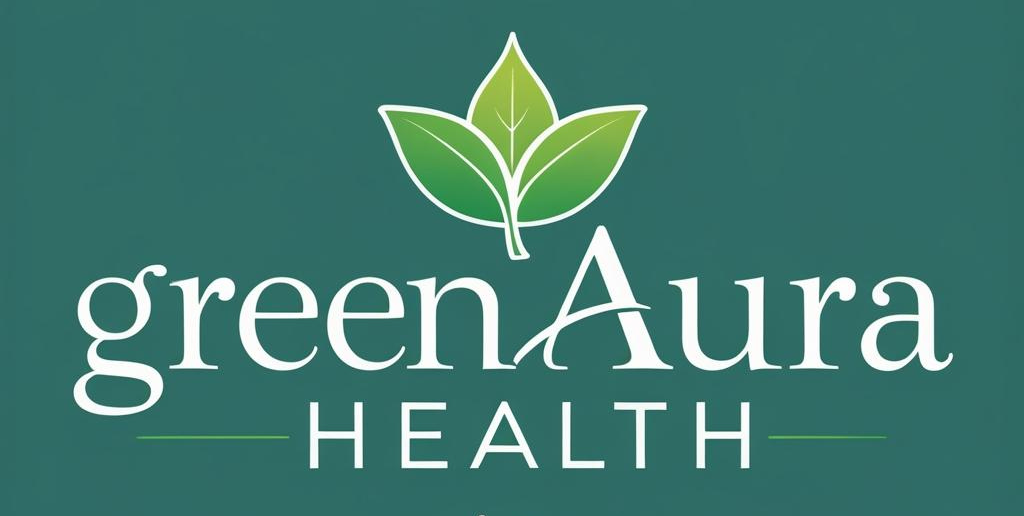Let’s face it—nothing flips your world quite like welcoming a new baby. You’re navigating sleepless nights, healing from childbirth, adjusting to a new identity, and trying to keep it all together. Sound overwhelming? It can be—but it doesn’t have to be.
This is where postpartum support steps in. It’s the soft landing new moms need after the hard work of pregnancy and delivery. Whether it’s a warm meal from your sister, emotional reassurance from your partner, or guidance from a nurse, support makes all the difference.
In this simple guide, we’ll walk through what postpartum support really means, how it affects both physical and mental health, what a healthy support system looks like, and how to create a happy, healing home in those precious early weeks.
⸻
What Is Postpartum Support?
Postpartum support refers to the range of emotional, practical, and medical help available to new parents—especially mothers—after childbirth. It begins immediately after delivery and usually extends through the first six to eight weeks, though some aspects can last months.
Here’s the thing: your body isn’t the only thing healing. Emotionally, you’re adjusting to a brand-new role. You’re not just “you” anymore—you’re mom.
According to the American College of Obstetricians and Gynecologists, postpartum care should be ongoing and personalized to each woman’s unique needs, not just a one-time check-in.
Mothers with strong family support tend to bounce back faster—physically and emotionally. Why? Because having someone to hold your hand (or hold the baby while you nap) can be pure magic during those early weeks.
⸻
A Real-Life Story: Melissa’s Journey
Melissa, a first-time mom, had always considered herself strong and independent. But after giving birth to her son, she was blindsided by exhaustion and loneliness. Her partner had to return to work within a week, and with her family living in another city, she felt isolated.
She remembers crying in the shower one night, feeling like she was failing. A friend noticed her mood and gently suggested she join a new moms’ support group online. It was there she found comfort in shared experiences, tips for managing nighttime feedings, and even a few laughs.
That tiny step—reaching out—transformed her experience. Melissa now says, “Postpartum support didn’t just help me survive—it helped me heal.”
⸻
The Phases of Postpartum: What’s Really Happening?

To fully support a mother, it helps to understand what she’s going through. Postpartum isn’t just one moment—it’s a series of physical and emotional transitions.
Physical Health Breakdown
1. Acute Phase (0–24 hours after delivery):
Doctors monitor for bleeding, uterine contraction, and immediate complications. This is when your body begins the healing process.
2. Subacute Phase (2–6 weeks):
Hormonal shifts, sore muscles, perineal healing, and breastfeeding challenges begin to settle in. It’s a time of extreme vulnerability and fatigue.
3. Delayed Phase (6 weeks to 6 months):
On the outside, you might look “back to normal,” but your body is still adjusting. Pelvic floor muscles may need therapy, your hormones are recalibrating, and new routines are forming.
Mental Health Check-In
1. Baby Blues:
Mood swings, crying spells, and irritability affect up to 80% of new moms and usually resolve in two weeks.
2. Postpartum Depression (PPD):
Deeper and longer-lasting than the blues. Symptoms include persistent sadness, loss of interest in things you used to enjoy, and difficulty bonding with the baby. PPD affects about 1 in 7 moms.
3. Postpartum Anxiety & OCD:
Racing thoughts, intrusive worries, or obsessive cleaning/checking behaviors can occur. These are often misunderstood and overlooked.
4. Postpartum Psychosis:
A rare but urgent condition with hallucinations or delusional thinking. It requires immediate medical attention.
⸻
Building a Strong Support System: Who Does What?
They say it takes a village to raise a child—but let’s not forget it also takes a village to raise a new mother. Here’s how that village can show up:
Partner
Your partner is your first line of defense. Their support with late-night feedings, diaper duty, or just holding space for you to cry makes a world of difference.
• Practical Help: Cooking, cleaning, baby care
• Emotional Support: Presence, patience, affection
• Encouragement: Reminding you that you’re doing a great job
• Bonding: Taking time to bond with the baby nurtures a sense of teamwork
Tip: Partners can also experience postpartum stress. Talk openly, and share the emotional load.
Family
When helpful and respectful of boundaries, family support is a gift. Don’t hesitate to delegate.
• Your mom might instinctively know what comfort food to bring.
• Your aunt may be great at folding laundry or watching the baby while you nap.
• Your cousin might offer to run errands or hold space emotionally.
Accepting help is not a weakness. It’s wisdom.
Healthcare Professionals
Your OB-GYN, midwife, or nurse plays a vital role in postpartum recovery.
• Medical Checkups: For bleeding, infections, and healing progress
• Lactation Guidance: Positioning, latching, and milk supply tips
• Mental Health Screening: Watching for signs of PPD or anxiety
• Resources: Referrals to therapists, support groups, and doulas
Don’t skip your six-week check-up—and advocate for follow-up if you need more.
Friends & Community
Friends often provide the most relaxed, pressure-free support. Whether they bring over snacks or just listen, their presence matters.
• Drop-off meals
• Running errands or helping with older kids
• Joining you for a walk or coffee
• Online community groups
Some cities offer postpartum doulas or community health programs—tap into these resources if available.
⸻
Creating a Postpartum-Friendly Home
You can’t control everything, but you can set yourself up for success. Here’s how:
Practical Setup
• Comfort Zone: Set up a cozy “mama corner” with essentials: snacks, water bottle, phone charger, baby supplies, nursing pillow.
• Freezer Meals: Pre-make or stock up on healthy meals to reduce cooking stress.
• Housework Delegation: Ask someone to handle dishes, laundry, or cleaning.
Mental Wellness
• Quiet Time: Even 10–15 minutes of silence each day helps reset your nervous system.
• Say No Without Guilt: Protect your space. Visitors can wait.
• Journal or Voice Notes: Record how you feel—it helps process emotions.
Reminder: Sleep is a health need, not a luxury.
⸻
Nutrition and Self-Care: Fuel for Healing
Postpartum recovery is not just about rest—your body needs high-quality fuel to repair tissue, regulate hormones, and support lactation.
Eat These
• Iron-Rich Foods: Lean meats, beans, spinach (to replenish lost blood)
• Healthy Fats: Avocados, nuts, olive oil (for brain health and hormone balance)
• Hydration: Water, herbal teas, broths—especially for breastfeeding moms
• Protein-Rich Snacks: Greek yogurt, boiled eggs, hummus with veggies
Move Gently
• Short walks improve circulation and mood
• Light stretching or pelvic floor exercises after medical clearance
• Avoid overexertion—rest is the main activity now
⸻
What Partners and Loved Ones Should Know
Supporting a new mother isn’t just about doing tasks—it’s about emotional presence.
Do:
• Ask “How can I support you today?”
• Let her rest without guilt
• Affirm her: “You’re doing an amazing job”
• Handle logistics: bills, cooking, cleaning, errands
• Offer to attend check-ups or therapy sessions if invited
Don’t:
• Say “At least the baby is healthy” if she expresses pain or sadness
• Offer advice unless asked
• Dismiss her feelings or struggles
• Comment on her appearance or weight
• Compare her experience to others
⸻
Different Cultures, Different Wisdom
Around the world, postpartum care is taken seriously—and it shows.
• In China: “Zuo yuezi” is a 30- to 40-day rest period where the mother is cared for by family and avoids cold foods or activities.
• In Latin America: “La cuarentena” is a 40-day healing period filled with support, soups, massages, and bonding.
• In parts of Africa: Community aunties and elders take over household duties while the mother bonds with her baby.
Western cultures can benefit from these ancient postpartum practices—support and rest should be universal.
⸻
Quick Postpartum Checklist
Here’s a printable-style list to help ease the transition:
• Attend your postpartum check-up
• Sleep in shifts or nap during the day
• Stock up on healthy meals/snacks
• Keep water nearby at all times
• Set phone reminders for meds or appointments
• Create boundaries around visits
• Join a new mom support group
• Say yes to help—without guilt
• Monitor your emotions and talk about them
• Celebrate small wins (a shower counts!)
⸻
Final Thoughts
Postpartum is messy, beautiful, exhausting, and sacred. There’s no one-size-fits-all way to navigate it—but with the right support, you don’t have to walk through it alone.
You are not “just a mom.” You are a woman in transformation. And you deserve care, kindness, and community.
Whether you’re a new parent, a partner, or someone who loves a new mom—be the support system that makes a happy home possible during the postpartum period.


